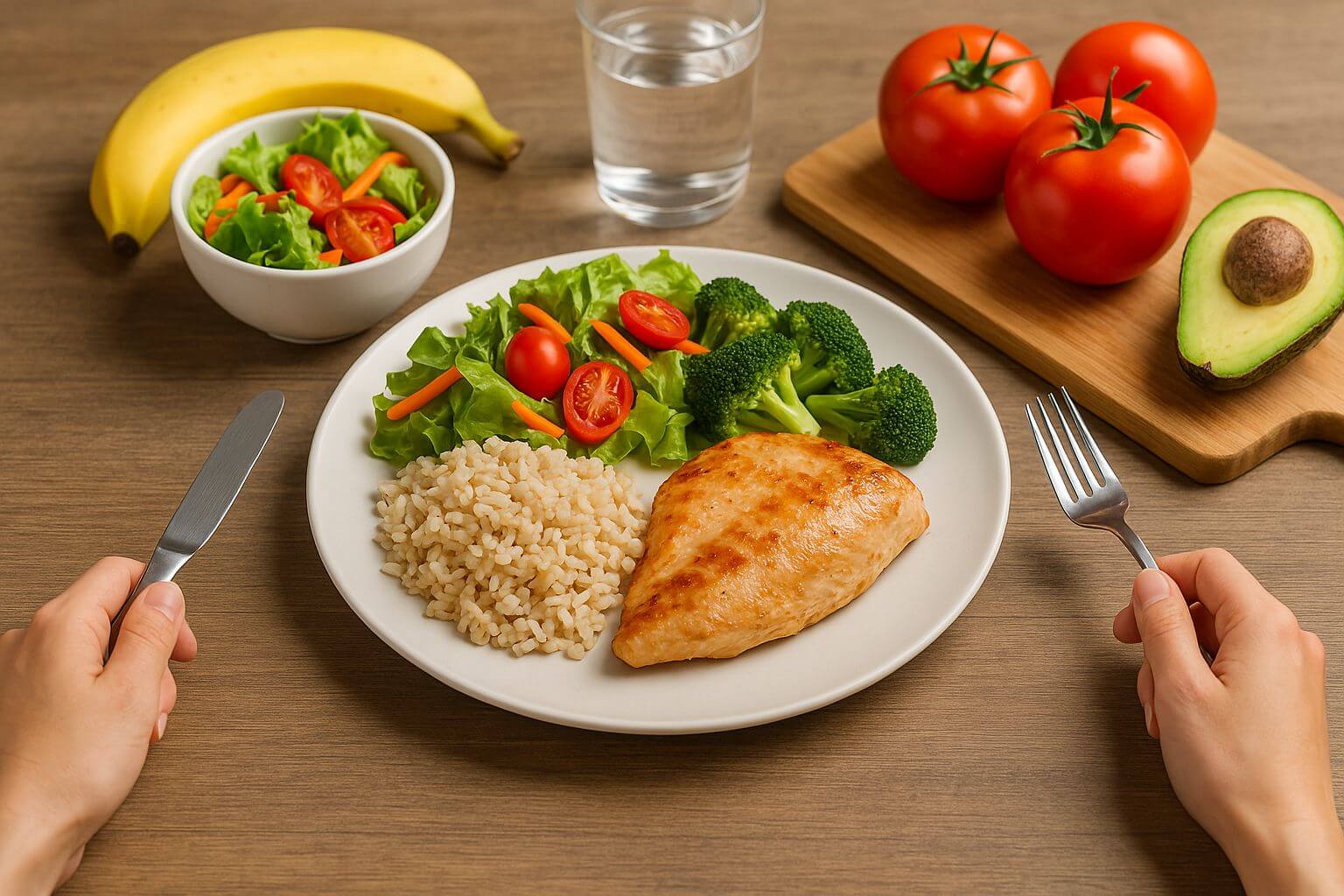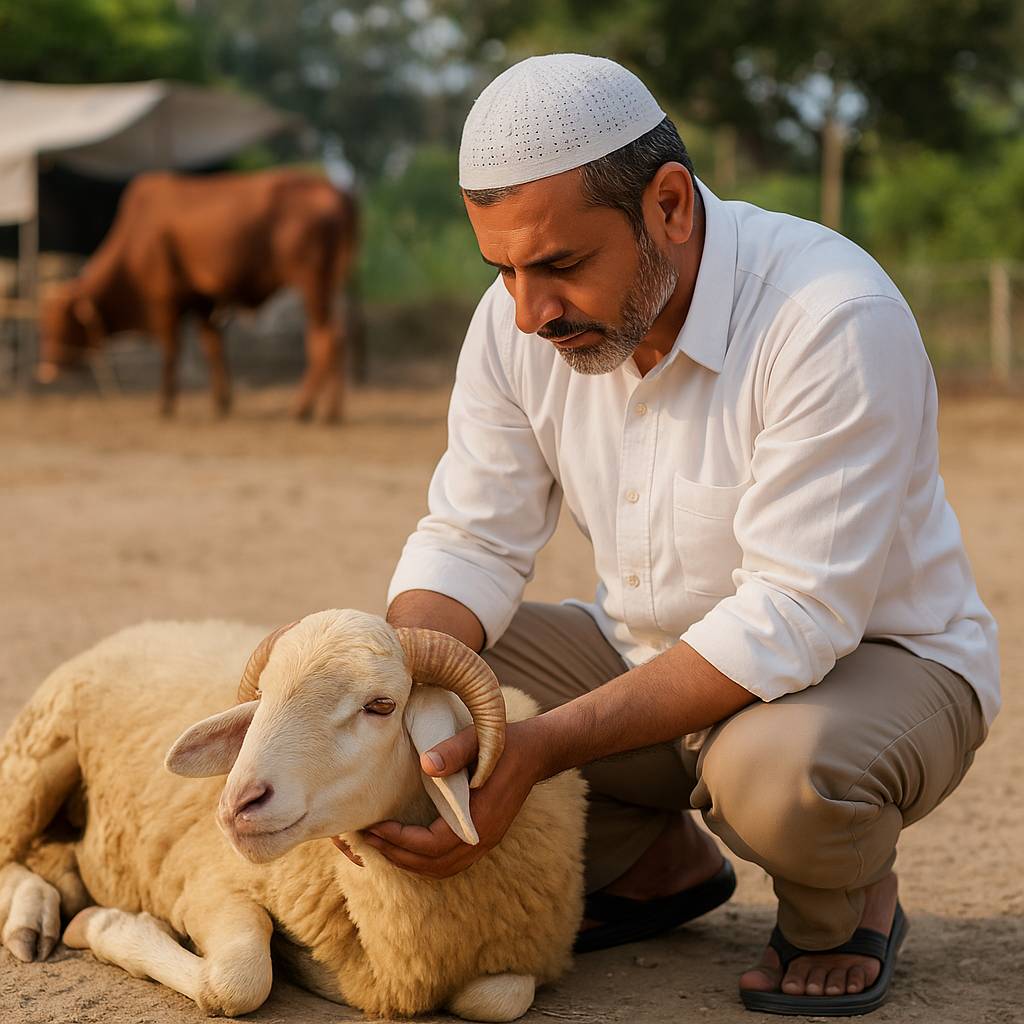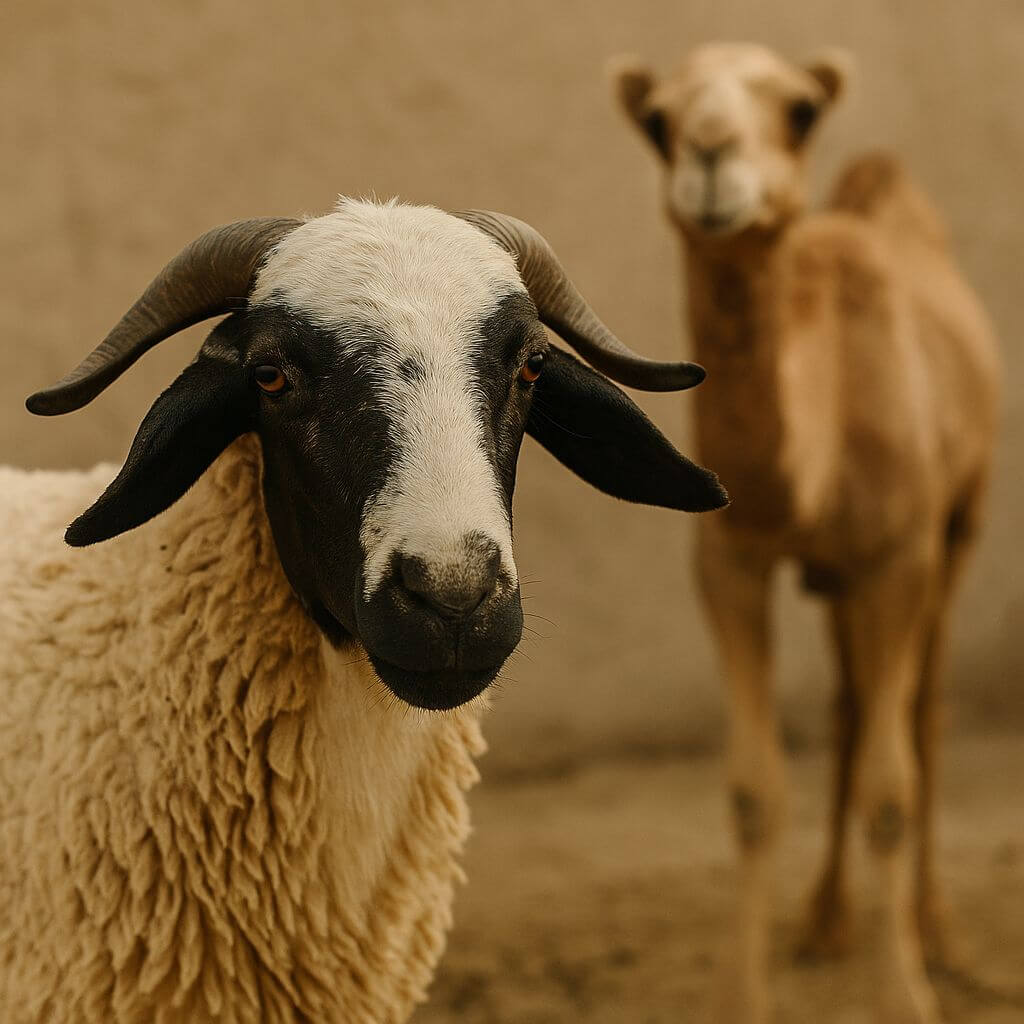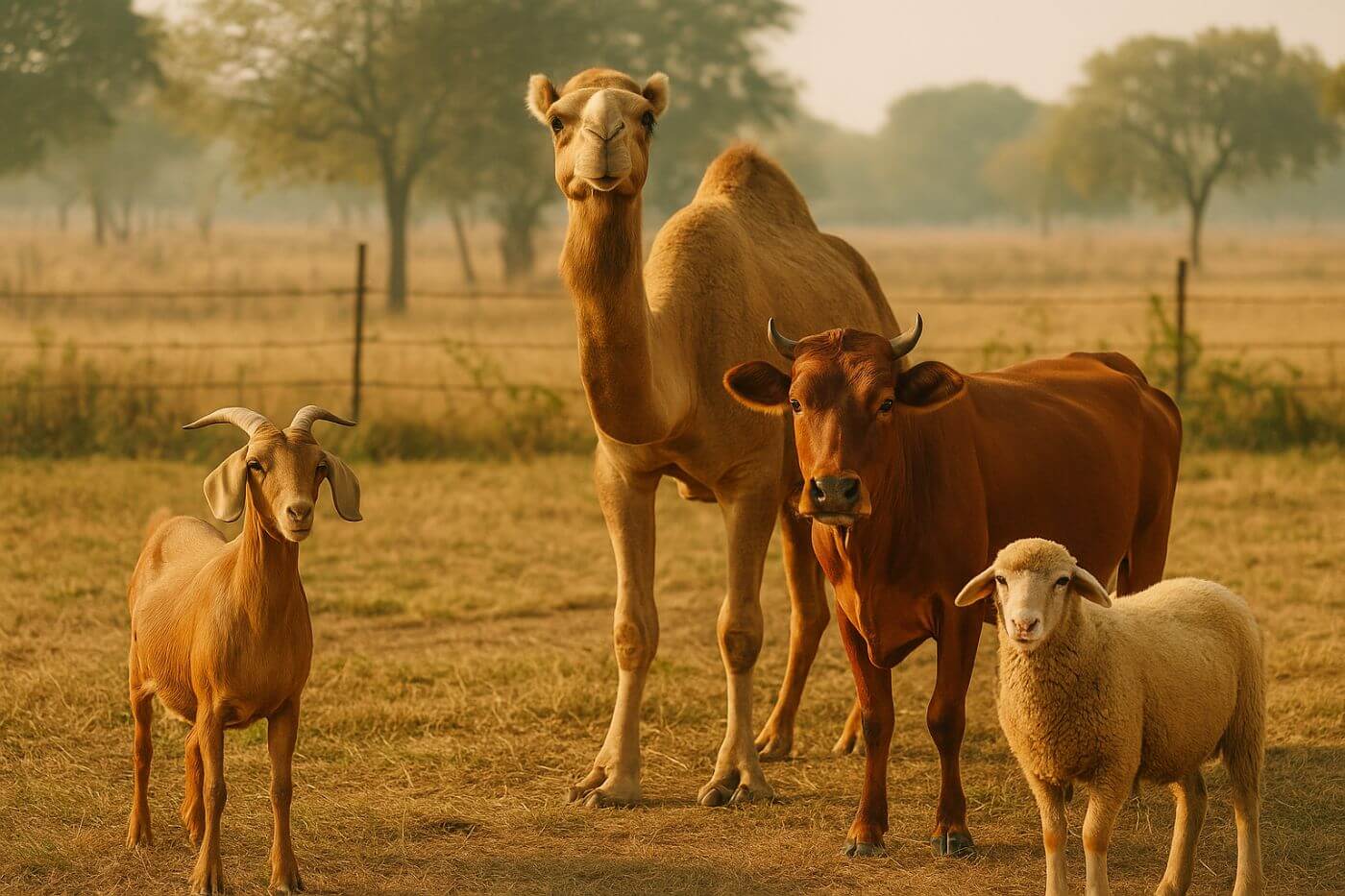
How Many Calories Should You Eat Per Day?
Understanding Daily Calorie Intake
Calories are units of energy that your body uses to function. From breathing and digestion to walking and thinking, your body requires energy—measured in kilojoules (kJ) or calories (kcal)—to survive and thrive.
While many people in Australia are focused on managing daily calorie intake for health or weight loss, it’s important to remember that millions worldwide struggle to access enough food to meet even the minimum energy requirement.
In this guide, we’ll break down:
- How many calories per day you should eat
- Calorie needs by age, gender, and lifestyle
- How ARO is helping those who don’t have the privilege to count calories
Recommended Daily Calorie Intake
The number of calories a person needs per day varies based on several factors:
- Age
- Sex
- Physical activity level
- Health goals (weight loss, maintenance, or gain)
Here’s a general breakdown according to the Australian Dietary Guidelines:
| Group | Sedentary | Moderately Active | Active |
| Adult Women | 1,600–1,800 kcal | 1,800–2,000 kcal | 2,000–2,200 kcal |
| Adult Men | 2,000–2,400 kcal | 2,400–2,600 kcal | 2,600–3,000 kcal |
| Children (4–8 years) | 1,200–1,400 kcal | 1,400–1,600 kcal | 1,600–1,800 kcal |
| Teenagers (14–18 years) | 1,800–2,400 kcal | 2,000–2,600 kcal | 2,400–3,200 kcal |
Note: These values are average estimates and may vary depending on individual metabolic rates.
Kilojoules to Calories: Understanding the Conversion
In Australia, energy is often measured in kilojoules (kJ), not calories. To convert:
- 1 kilojoule = 0.239 calories
- 1,000kJ = 239 kcal (calories)
- So, if your meal provides 2,000kJ, that’s roughly 478 calories.
If you’re reading food labels, you may also use a kj to calories converter for accuracy when tracking intake.
Calories and Nutrition: It’s Not Just the Number
Calories alone do not tell you how healthy your food is. A banana (about 90 calories) provides natural fibre, potassium, and energy, while a processed snack with the same calories may be high in sugar and low in nutrients.
To maintain health, your caloric intake should include:
- Complex carbohydrates
- Lean proteins (e.g., chicken breast calories: ~165 kcal per 100g)
- Healthy fats (e.g., avocado calories: ~250 kcal per fruit)
- Plenty of fruits and vegetables
- Limited added sugars and processed foods
How Many Calories to Lose Weight?
Weight loss occurs when you consume fewer calories than your body burns. On average:
- Reducing 500 calories per day can lead to a 0.5kg loss per week.
- But going too low (e.g., under 1,200 for women or 1,500 for men) can slow metabolism and harm health.
It’s best to use a maintenance calories calculator or consult a dietitian before beginning any calorie deficit plan.
The Other Side of the Calorie Conversation: Hunger in Australia and Beyond
While calorie tracking helps many improve health, millions of people don’t have enough food to meet their daily energy needs.
In Australia:
- Over 3.4 million people face food insecurity.
- 1 in 5 children do not have regular access to adequate nutrition.
Globally, 828 million people go to bed hungry each night. These aren’t just numbers—they represent people who can’t ask “how many calories should I eat per day?” because they’re asking “will I eat today at all?”
How ARO Helps: Australian Relief Organisation’s Hunger Relief Program
At ARO, we believe that no one should go hungry. Through our Hunger Relief Program, we’re working to ensure access to food for vulnerable families in Australia and abroad.
Here’s how your support makes a difference:
- 1 million+ meals distributed to date
- Emergency food assistance to families in crisis
- Nutritional programs promoting balanced eating for children and adults
- Community outreach to identify and support those in need
- Partnerships with 50+ global organisations to combat hunger
By donating, you’re not only giving calories—you’re giving health, hope, and dignity.
Final Thoughts
Whether you’re tracking your calorie intake to lose weight, maintain health, or manage a medical condition, remember: food is more than fuel. It’s a basic human right.
While you count your daily intake, consider helping those who go without.
Support ARO’s Hunger Relief Program today. Donate Now
Because calories shouldn’t be a privilege—they should be accessible to everyone.
Related Project: Hunger Relief



